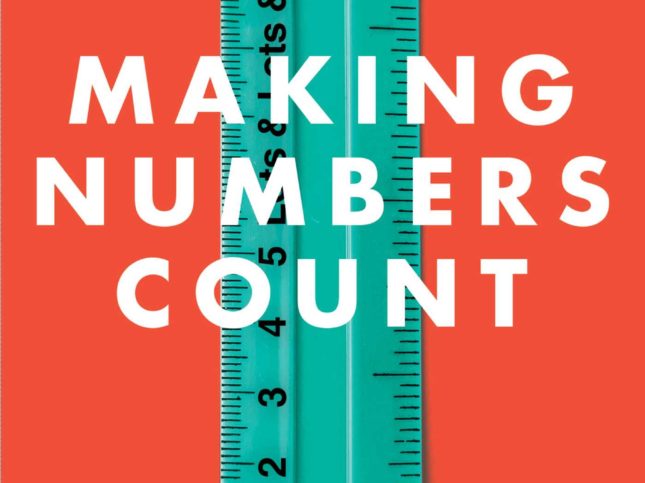Beware of Verbal Traps
The news media this week have been buzzing with discussion of Mitt Romney’s remark, “I am not concerned about the very poor…” Taken out of context, it was clearly very damaging to Romney, at least in the short run.
The Romney camp complained that the quote was taken out of context, and indeed it was. When you read the entire statement he made, it’s not quite as bad, although it’s still a statement he probably wishes he could take back.
The real point is, that anything a leader says can and will be taken out of context, and you don’t even need a “media conspiracy” for that. Even without the press as an intermediary, listeners can filter anything you say through their own biases and desires. They will provide their own context to interpret your statements. That’s why you have to constantly use outside-in thinking to anticipate what your words will sound like to your listeners.
At least politicians know this is a professional hazard and try to be on guard against it. Business leaders may not be as sensitive to the danger. They may not realize that they are being scrutinized just as carefully as a politician, in everything they do or say.
Does this mean that a leader has to be careful about everything he or she says or does in public? Absolutely. It’s not a comfortable feeling, but it is a responsibility that comes with the job—and the bigger the job, the heavier the responsibility. You are always on stage.
Parents know this. Although it may seem that your kids ignore you unless they want something, they are always watching you carefully. When my son Andrew was about two, he was strolling on the sidewalk with his grandmother when a driver went speeding down our neighborhood street. As I heard from my mother later, Andrew shook his fist and yelled out a choice word. Wonder where he learned that?
Authenticity is wonderful, but it should be calculated or strategic authenticity. I’m sure Tony Hayward, CEO of BP, thought he was being authentic when he said, “I would like my life back” after the Gulf oil spill.
Gerald Ratner, the soon-to-be ex-CEO of the Ratner’s jewelry store chain in the UK, no doubt thought he was being authentic when he said, “Ratner’s has got very little to do with quality. … I say so because it’s total crap.”
One last example: my friend John Spence was running a training program once for the employees of a small family-owned firm when the owner popped his head in the door and asked, “Are you idiots learning anything?” Maybe he thought he was being funny, but no one in the room took it that way.
You also need to be prepared for what people will ask you. An off the cuff answer to a seemingly harmless question can have huge repercussions. In 1989, a spokesman for East German prime minister Krenz told the media that travel restrictions between East Germany and the West would be eased. A reporter asked when the new rules would go into effect, and the spokesman hesitated, shrugged, and said, “Immediately, I suppose.” Hearing this, thousands of people swarmed to the Berlin Wall, where confused guards, lacking instructions, opened the gates and the rest, as they say, is history.





Don’t worry, I have more!
Interesting take on the Mitt Romney remark – I enjoyed reading the post. The story about 2-year-old Andrew made me laugh!